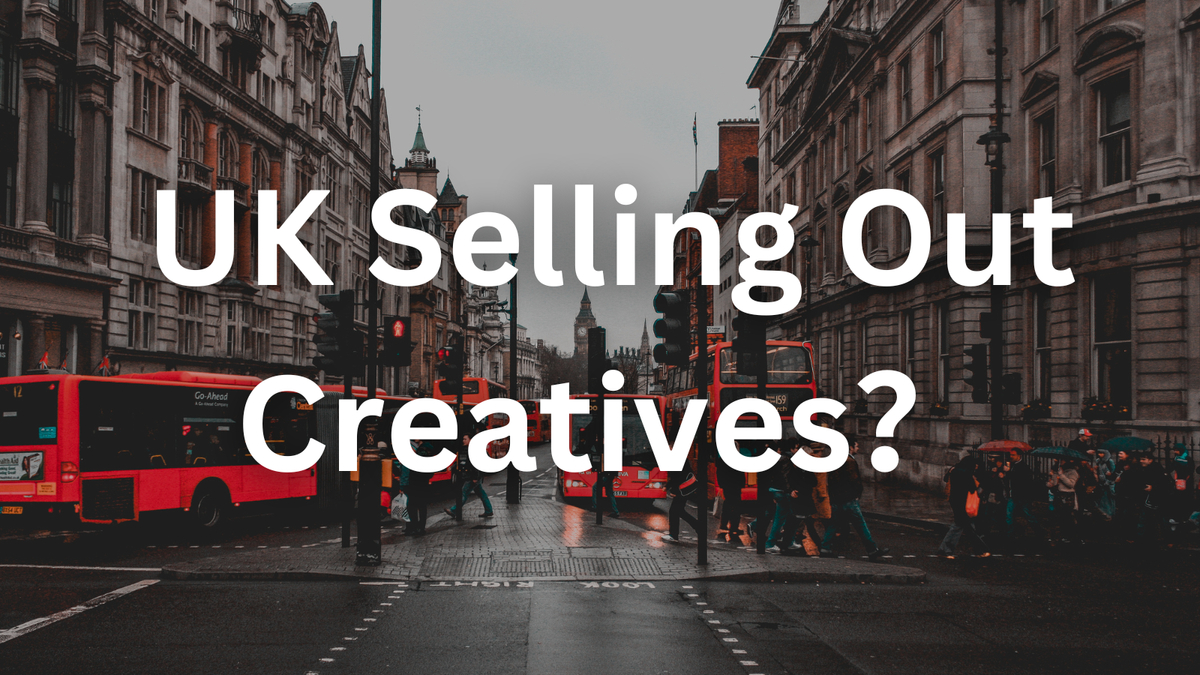Is the UK Selling Out Creatives to Feed AI’s Appetite?

Paul McCartney, Kate Bush, and lawmakers are fighting a controversial AI copyright bill—and the UK government is scrambling to compromise. The proposed legislation would let tech companies train AI models on copyrighted works without permission, unless creators opt out. With backlash from music legends, playwrights, and Parliament, ministers now promise an economic impact assessment to ease tensions. But will it be enough? Let’s dive in.
🌍 The AI Copyright Battle: What’s at Stake?
The UK’s Data (Use and Access) Bill has become a lightning rod for debates about AI ethics and creative rights. Here’s why:
- 📜 Opt-Out vs. Opt-In: AI companies could freely use copyrighted books, songs, and scripts unless creators explicitly refuse—a reversal of traditional copyright norms.
- 💸 Economic Impact Assessment: The government’s key concession aims to analyze how AI training affects creative industries. Critics argue it’s a delay tactic.
- 🏛️ Parliamentary Ping-Pong: The bill is stuck between the House of Lords and Commons, with peers like Beeban Kidron pushing for transparency amendments.
🎭 Creatives vs. Big Tech: A Clash of Visions
High-profile artists and legislators are demanding accountability:
🔍 The Push for Transparency
- Crossbench peer Beeban Kidron’s amendments would force AI firms to disclose which works they use, how they’re used, and when.
- Kidron accuses the government of prioritizing “US tech lobby” interests over UK creators.
🤖 The Compensation Question
- Labour MP James Frith argues AI firms should pay for copyrighted material: “Why are they held back by copyright?”
- Designers warn the bill risks “running roughshod” over their sector.
⚖️ The Government’s Balancing Act
Ministers are walking a tightrope between innovation and protection:
- ✅ Concessions Offered: The economic assessment and ongoing “dialogue” with stakeholders aim to placate critics.
- 🕒 Timeline: A formal response to the AI copyright consultation is expected by October 2025.
- ⚠️ Uncertainty: A government spokesperson insists “no final decisions” have been made, leaving creatives in limbo.
🚧 Challenges Ahead
The bill faces three major hurdles:
- 📜 Legislative Gridlock: The “ping pong” between parliamentary chambers could stall the bill indefinitely.
- 💡 Transparency Gaps: Without mandated disclosures, creators can’t track AI misuse of their work.
- 💰 Compensation Models: No clear framework exists for paying rights holders—a gap AI firms have yet to address.
🚀 Final Thoughts: Can This Bill Survive?
The government’s concessions may not be enough. Success hinges on:
- 📈 Proving AI’s economic benefits outweigh risks to creatives.
- 🤝 Bridging the trust gap between tech firms and artists.
- ⚖️ Delivering enforceable transparency and compensation mechanisms.
As Paul McCartney and Tom Stoppard’s opposition shows, this isn’t just about law—it’s about valuing art in the age of machines. What do you think: Should AI companies pay to play, or does innovation demand free access to creativity?
Let us know on X (Former Twitter)
Sources: Dan Milmo. UK government tries to placate opponents of AI copyright bill, April 2, 2025. https://www.theguardian.com/technology/2025/apr/02/uk-government-tries-to-placate-opponents-of-ai-copyright-bill



